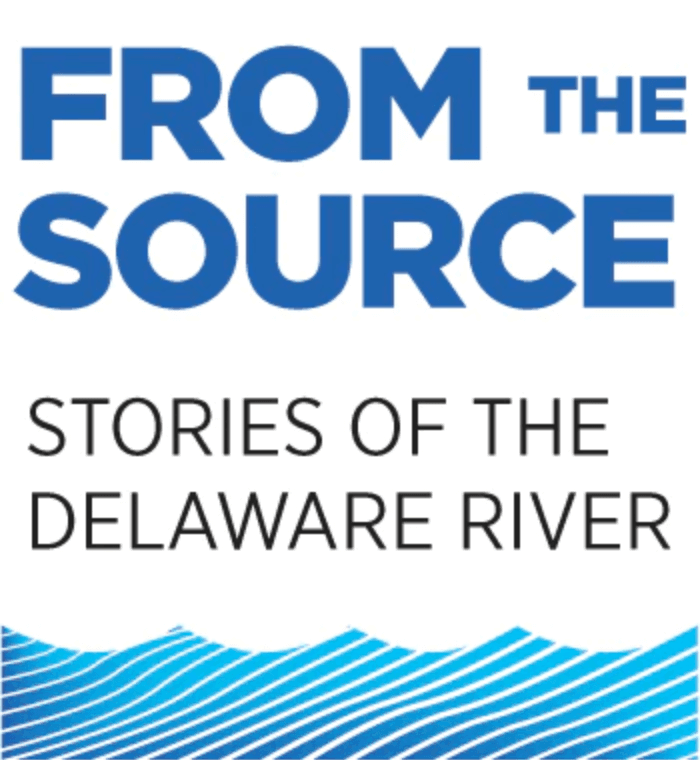COVID-19 has shut down hundreds of cleanups, leaving parks and waterways filthy
[This article was originally published by The Philadelphia Inquirer.]
Each year, people throughout Philly and the region emerge from winter and eagerly flock to green spaces, blissfully unaware that they all look so clean because thousands of volunteers have cleaned them.
This year, that’s not the case, and it shows as litter — some of it coronavirus-inspired face masks and gloves — mars miles of stream banks, forests, and green space. Hundreds of cleanups are on hold or canceled altogether because of pandemic precautions.
Adding to the disappointment: April 22 marks the 50th anniversary of Earth Day. Organizers counted on boosted interest in environmental actions, and scheduled numerous cleanups on the weekends leading up to the date.
Some small-scale cleanups, perhaps involving only a few people, might go on. But larger efforts are likely to be canceled altogether, rather than postponed, as stay-at-home orders remain in place. Spring is the best time for cleanups, since the foliage isn’t yet obscuring trash, and the weather is pleasant for outdoor work.
“For sure, it’s disappointing,” said Virginia Vassalotti, who organizes the massive Schuylkill Scrub each year. “Spring is a great time to get out and clean up our environment. I think it’s clear now more than ever the amount of trash in our region. Face masks, wipes, and gloves are being littered everywhere.”
The Schuylkill Scrub boasts more than 400 separate cleanups, mostly in April, all throughout the watershed. In 2019, it drew 28,433 volunteers who hauled out 1.1 million pounds of litter, including 727 tires.

A few cleanups were completed in March before the stay-at-home orders were issued, but most of the work remains undone.
“We’re following state guidelines to push everything until at least May 1,” Vassalotti said, “and I could see that being pushed back even more the way things are going.”
She said groups are particularly concerned about touching face masks and gloves people seem to be discarding without thought.
“I think people who do litter don’t really think about where it goes,” Vassalotti said. “They just think someone else will pick it up. But that’s not happening right now, except for some sanitary workers still on the job.”
Vassalotti works for the Partnership for the Delaware Estuary as coordinator for the Schuylkill Action Network, a group of 100 partners. Those cleanup efforts are important because the Schuylkill is one of the biggest tributaries of the Delaware River, a source of drinking water for more than 13 million people, as well as a key recreational waterway.
“The main thing we want to communicate to people is not to litter in the first place,” she said.
The Delaware River Watershed Initiative also sponsors cleanups. The initiative has brought together 50 organizations for projects designed to protect forests and streams that ultimately drain into the Delaware River.
The Academy of Natural Sciences of Drexel University and the Philadelphia-based clothier United by Blue have a community partnership aimed at removing 25,000 pounds of trash from the Delaware River in the Philadelphia area.
The two organizations had a cleanup event scheduled on May 9 at Bartram’s Garden along the Schuylkill. But Carolyn Belardo, a spokesperson for the Academy, said that has been canceled.
United by Blue, however, has posted an event on Instagram Live this weekend, April 11 and 12, “for an info session on how to safely participate in a DIY cleanup” using safety guidelines, and offering alternatives to outdoor cleanups where prohibited.
If you planned to participate in a local cleanup that isn’t mentioned here, check first with its organizers, local Facebook groups, or other social media.

